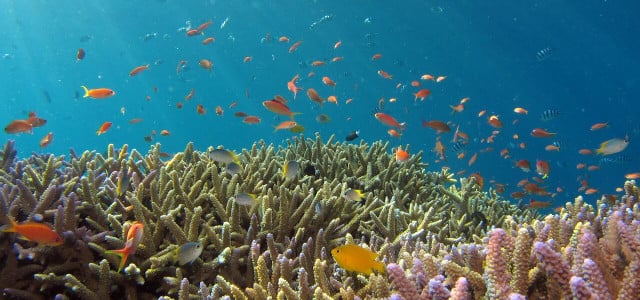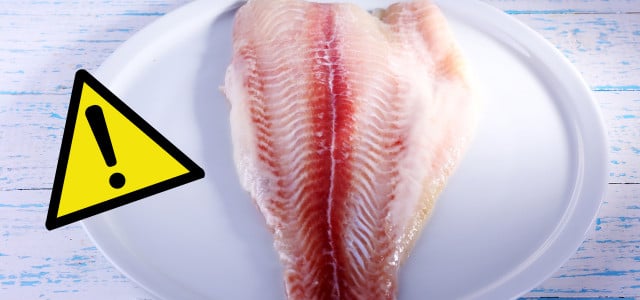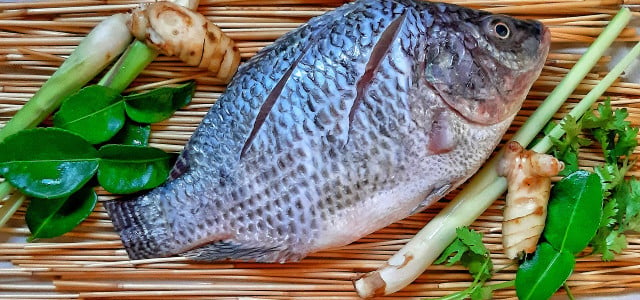Do fish have brains? Can they experience thoughts and feelings? We’ll explore scientific evidence to answer the ethical and environmental aspects of consuming fish.
Fish have always been a vital part of the human diet, and their intelligence and emotional capacity have long been debated. Many believe that fish are mindless creatures that only function to swim and eat, but is that true? Do fish have brains? And if so, can they experience emotions, thoughts and pain?
In this article, we’ll dive into the science of fish sentience, explore the evidence for fish having brains, and discuss why we should reconsider fish consumption from an environmental perspective.
Do Fish Have Brains?
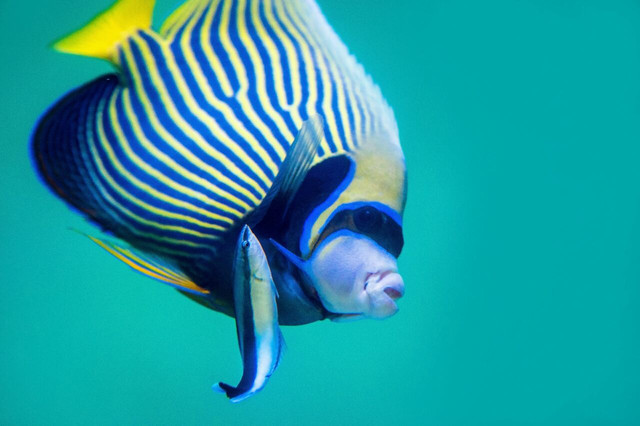
Spoiler alert: Yes, fish do have brains. They are capable of complex cognitive tasks such as social learning, problem-solving, orientation and using tools — something we’ve long thought exclusive to humans and close primate relatives. Some fish even choose their mates according to social factors. Fish are quick learners with long-term memories and could even outperform primates in mental tasks, as a recent study showed (the primates in that study were chimpanzees and young children).
So, if fish have such complex cognitive abilities, why are we discussing whether they have brains? It’s mainly because the structure and complexity of their brains differ from those of mammals, such as humans, dogs and cats. Fish brains are simpler in structure, with fewer specialized regions. They lack a neocortex, the part of the brain responsible for consciousness and higher-order thinking in mammals.
Instead, fish brains have distinct areas responsible for basic functions, like the cerebellum, which controls movement and balance, and the optic tectum, which processes visual information. Despite these structural differences, research shows that fish brains can perform complex tasks and learn and remember. So: do their brains just work differently?
Do Fish Have Thoughts and Feelings?
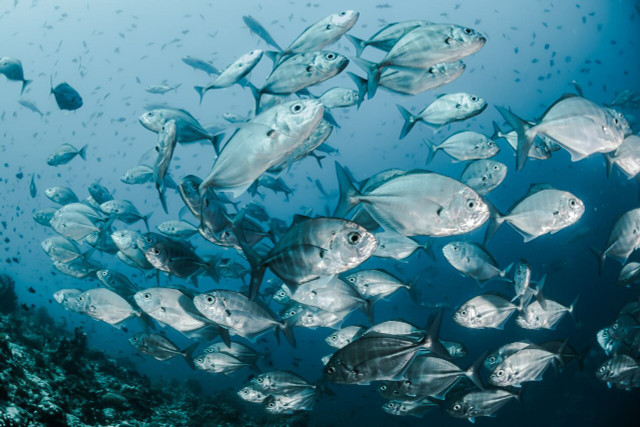


The question of whether fish experience feelings and thoughts is a complex one, and the answer is not entirely clear. However, recent research shows evidence that fish are capable of experiencing pain and can exhibit behavior that suggests they may have emotions.
For example, some studies demonstrate that fish can respond to pain and intentionally avoid stimuli that have previously caused them harm. Moreover, bony fish detect potentially painful stimuli similarly to the way mammals do, which allows a typical withdrawal reaction. They were also shown to have pain-related changes in behavior and react to painkillers.
For a long time, scientists have thought that fish’s lack of a neocortex (the part in mammals’ brains responsible for experiencing pain) means they don’t have similar sensory perception. However, they now know that fish simply process emotions, consciousness and pain using different brain structures.
In addition, some fish species exhibit social behavior such as shoaling and have been observed engaging in courtship rituals and caring for their young. What’s more, several hundred fish species use electric signals to communicate.
Another study demonstrated that archerfish can recognize human faces and distinguish between them. These behaviors suggest that fish may have higher cognitive ability and emotional capacity than we previously believed.
Why We Should Think Twice Before Eating Fish
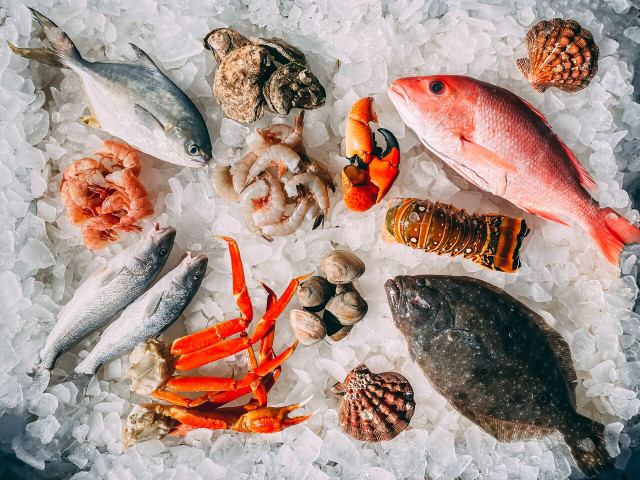


We now know that fish can experience pain and maybe even have emotional capacities, rendering the arguments of many pescetarians irrelevant. However, other than the ethical angle, there are also some crucial environmental concerns.
Is Eating Fish Bad For the Environment?
Despite the evidence for fish sentience and the ethical concerns surrounding their consumption, the demand for fish and seafood continues to rise: According to the UN, fish consumption increased by 122% between 1990 and 2018.
Consuming fish is not a sustainable practice. It has led to overfishing and the depletion of fish populations, which has far-reaching environmental consequences. Overfishing contributes to the ocean’s inability to absorb carbon, threatens food security and — of course — neglects biodiversity.
Seafood Consumption and Our Health
Many people who eat pescatarian diets eat fish because it’s a healthy source of omega-3 fatty acids, which you can’t get as easily from other foods. However, concerns are rising about the use of antibiotics and other chemicals, such as mercury, in fish farming. These chemicals are incredibly unhealthy and harmful for humans to consume. To learn more about which fish have the highest levels of toxins and chemicals, read The Ugly Truth About Seafood: 6 Fish You Should Never Eat.
There is also an increasingly high amount of microplastics in the ocean, threatening marine life. Fish absorb microplastics through nutrition, and we consume small amounts of microplastic when we eat fish.
So, it’s crucial to consider alternative sources of protein and reduce our fish consumption. Plant-based protein sources such as beans, nuts and soy products can provide a nutritious and environmentally friendly alternative to fish and other animal products. There are also many high-protein fruits available. Avoiding fish and living on a plant-based diet is one of the easiest solutions to overfishing.
Many start-ups and businesses rise to the challenge of substituting fish with vegan products. If you’re interested, peruse these articles on the best anchovy substitutes, a vegan lox recipe and even vegan lobster.
Read more:
- What Causes Ocean Acidification? Can It Be Reversed?
- 8 Best Substitutes for Ponzu Sauce & How to Use Them
- Econyl: A Look Behind This Recycled Fiber
- Kelp vs. Seaweed: Differences in Habitat, Appearance and Uses
Do you like this post?






